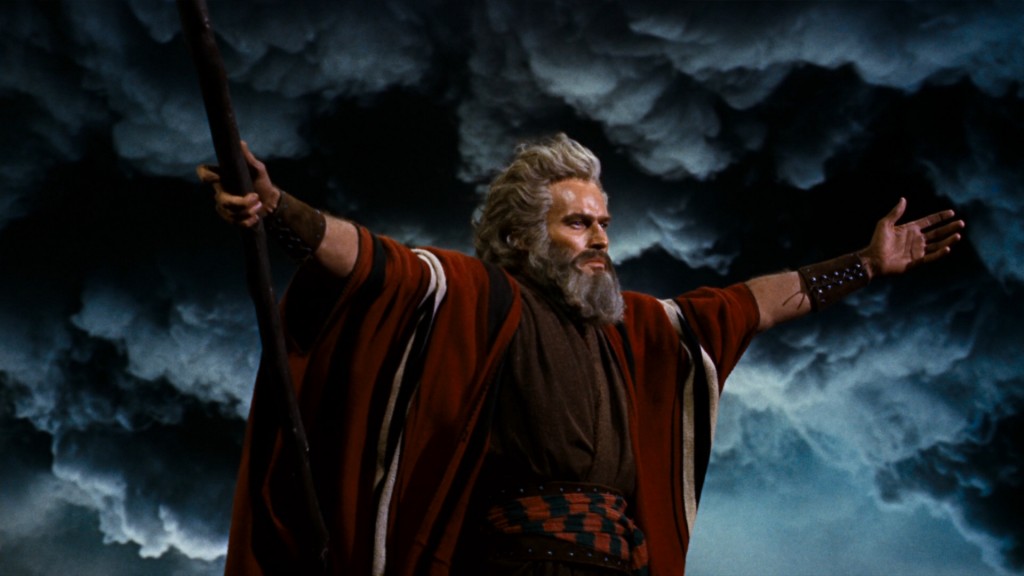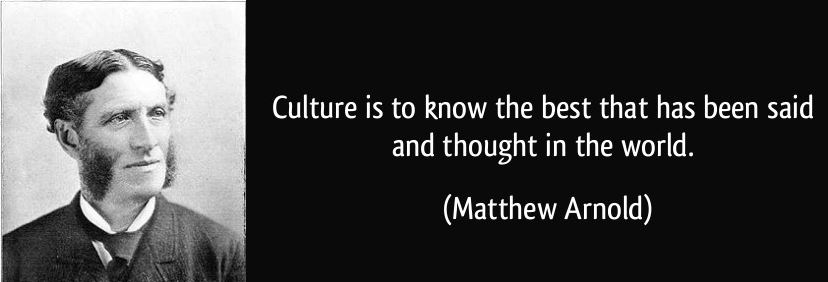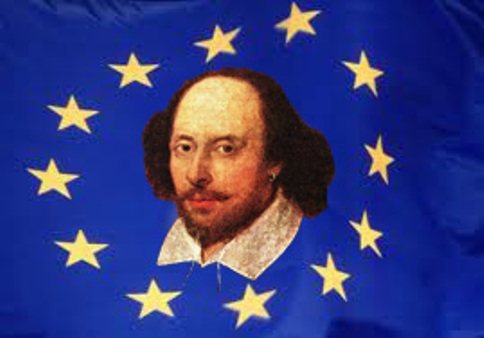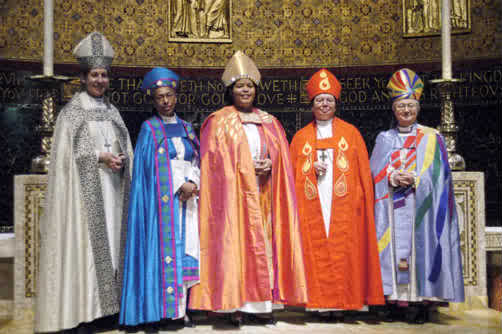Published by Daily Mail
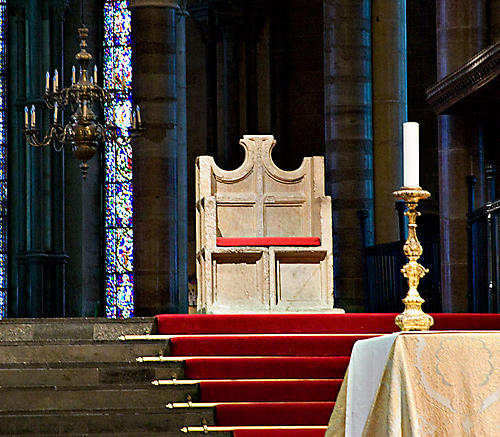 The time has come to select a new Most Reverend Father in God, by Divine Providence Lord Archbishop of Canterbury, Primate of All England and Metropolitan. The CVs have been sifted, references requested, candidates shortlisted, and Google consulted (just in case.. skeletons.. cupboard..).
The time has come to select a new Most Reverend Father in God, by Divine Providence Lord Archbishop of Canterbury, Primate of All England and Metropolitan. The CVs have been sifted, references requested, candidates shortlisted, and Google consulted (just in case.. skeletons.. cupboard..).
The betting shops display the usual array of odds, with the favourites presently enthroned in the cathedrals of York, Liverpool, Durham, Norwich and Coventry. You can even get 200/1 on Richard Dawkins succeeding Dr Rowan Williams, of which there’s about as much chance as the Pope beatifying Martin Luther.
It is to the eternal credit of the Church of England that the Reformation was not marked by the imposition of a ‘Year Zero’ in the historical episcopacy. Thomas Cranmer was the last Archbishop of Canterbury to have been appointed by the Pope – the 69th in a line going back to 597 when Augustine of Canterbury became the first Apostle to the English. But Cranmer was also the first Archbishop of Canterbury to be appointed by the King, which was a logical corollary of the Monarch having become ‘the only supreme head on earth of the Church in England’. Continue reading →
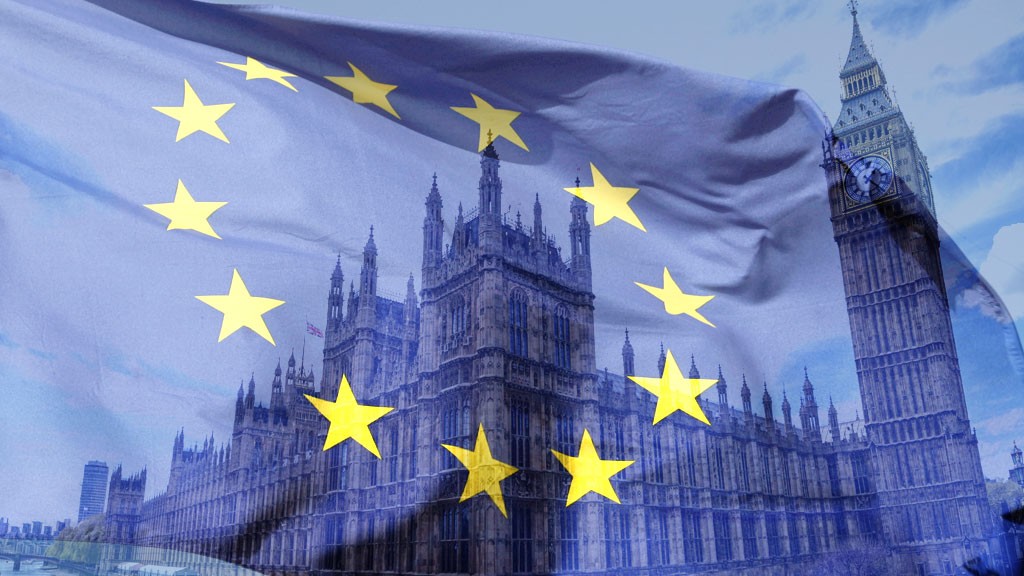 History is as multifaceted as truth is many-sided. In ages past it was written by the victors; today it is moulded by Bloggers, Vloggers, Tweeters and Tumblrs. Now we create our own democratic history on YouTube and forge our own relative truths on Facebook: the whole trajectory of social media is toward introspection, subjectivity, relativity and personal knowledge. What we say is honest and sincere, and whatever we believe is true. Continue reading
History is as multifaceted as truth is many-sided. In ages past it was written by the victors; today it is moulded by Bloggers, Vloggers, Tweeters and Tumblrs. Now we create our own democratic history on YouTube and forge our own relative truths on Facebook: the whole trajectory of social media is toward introspection, subjectivity, relativity and personal knowledge. What we say is honest and sincere, and whatever we believe is true. Continue reading 
